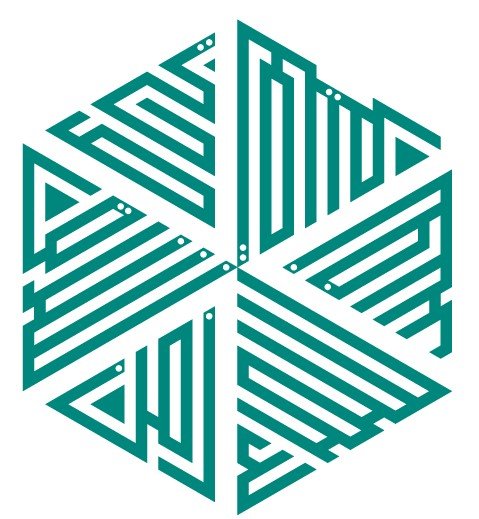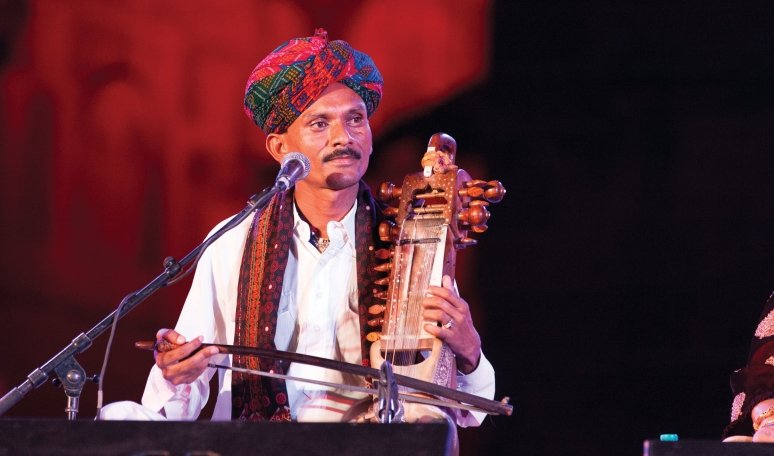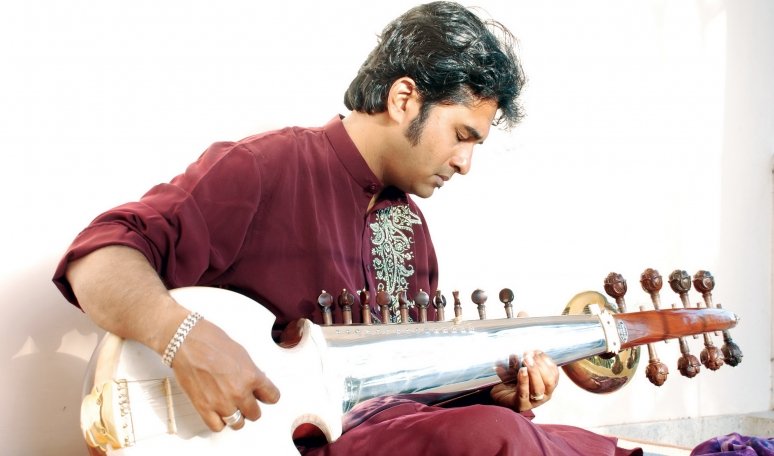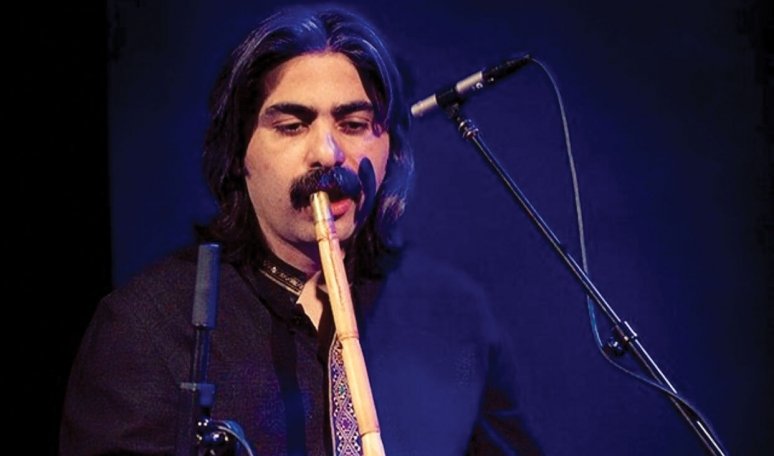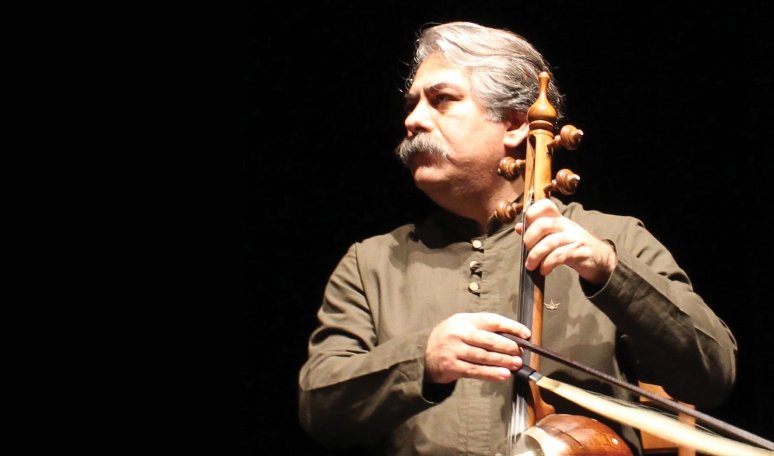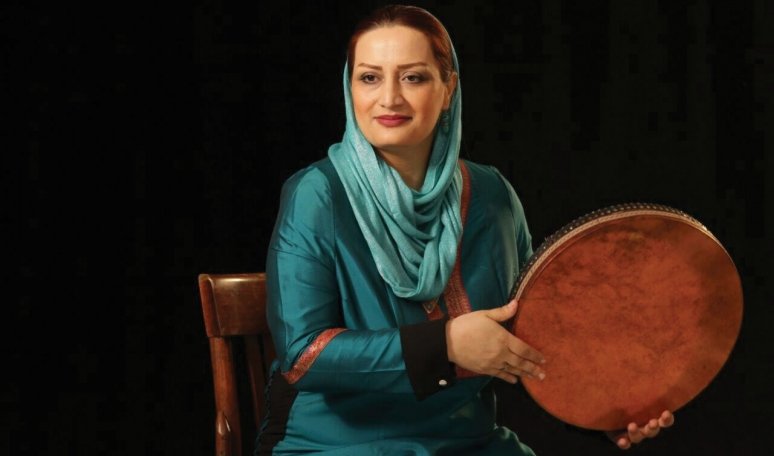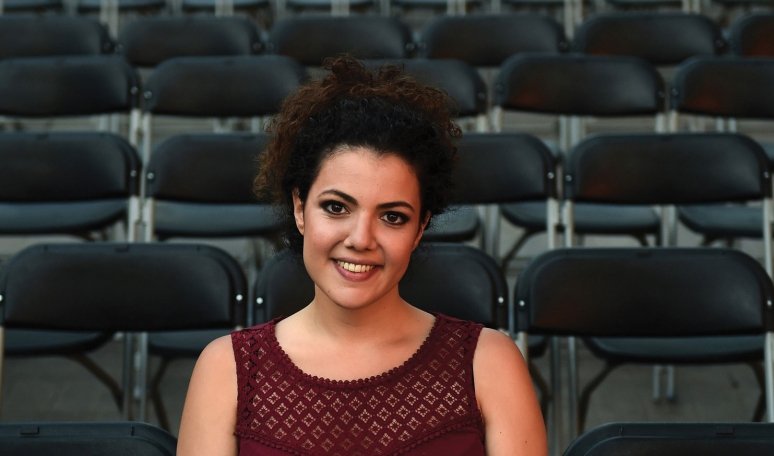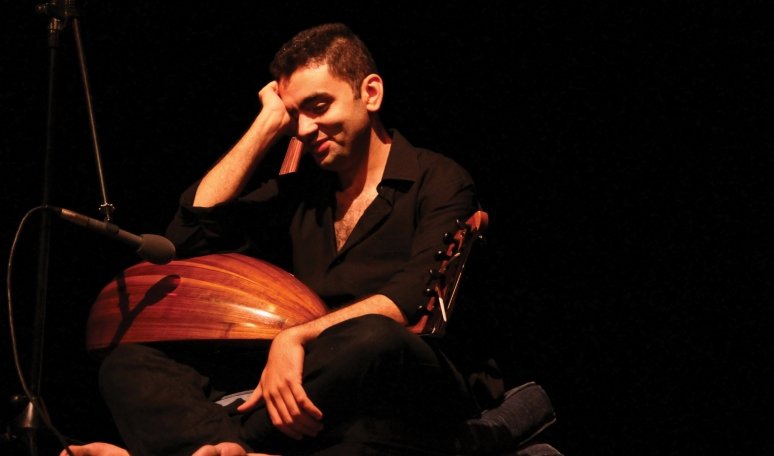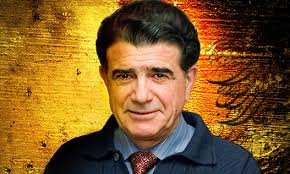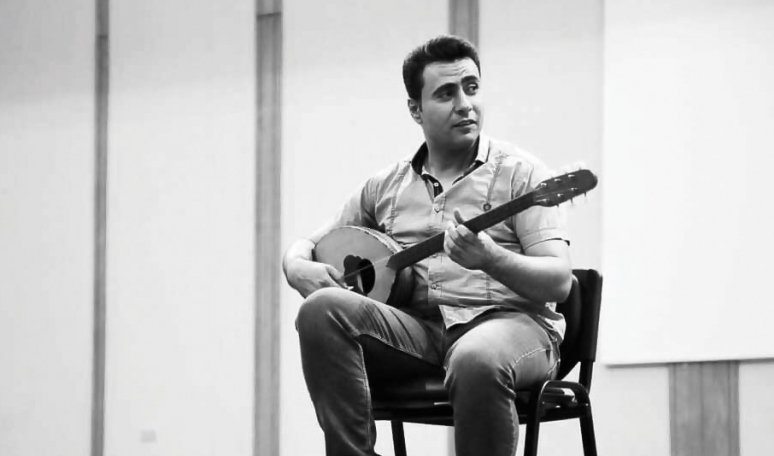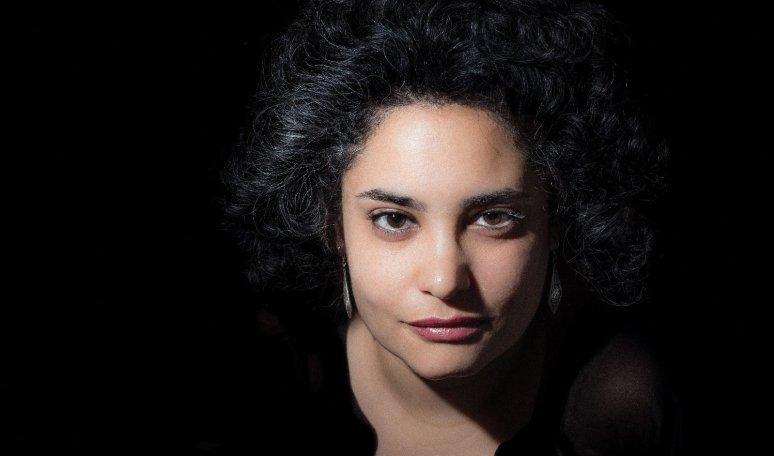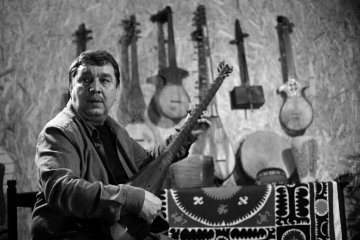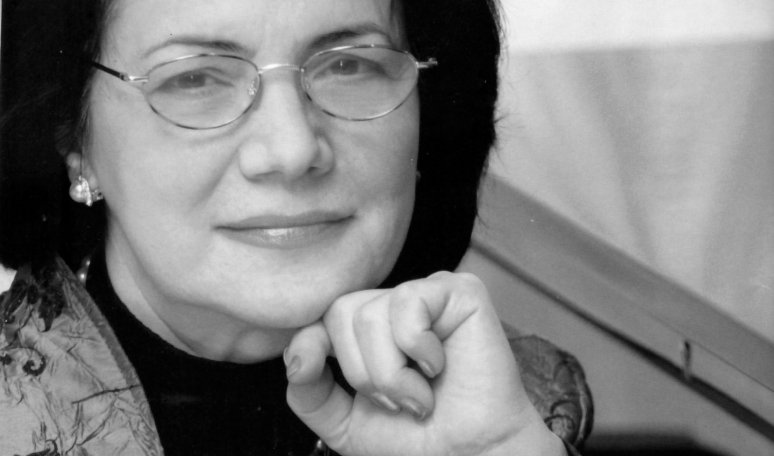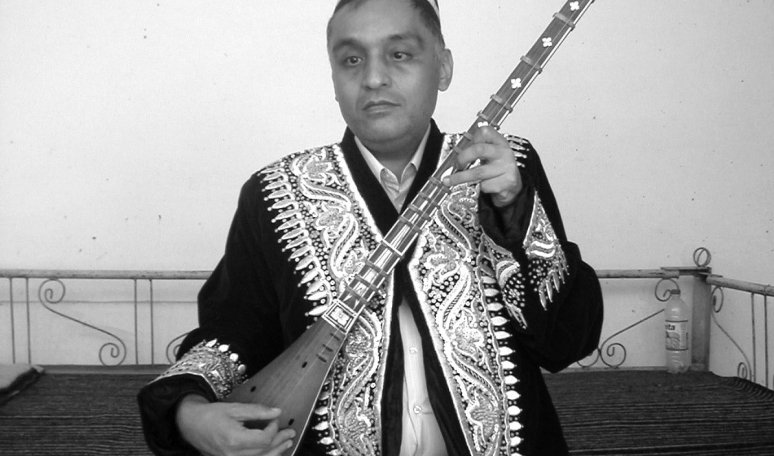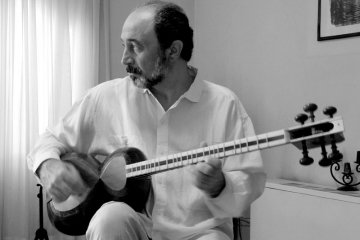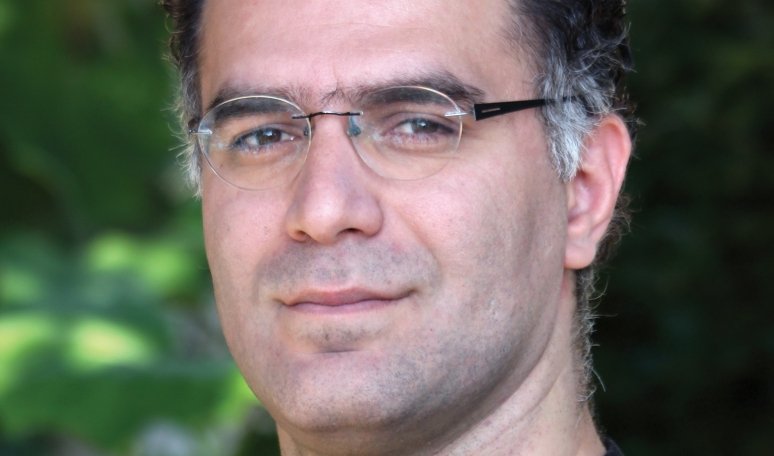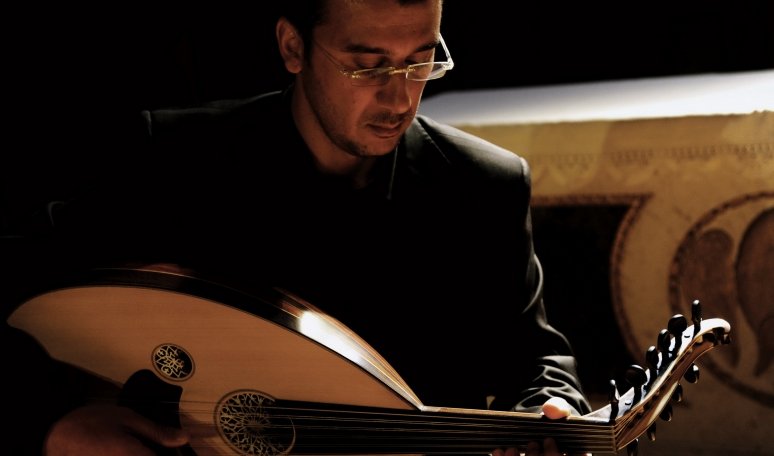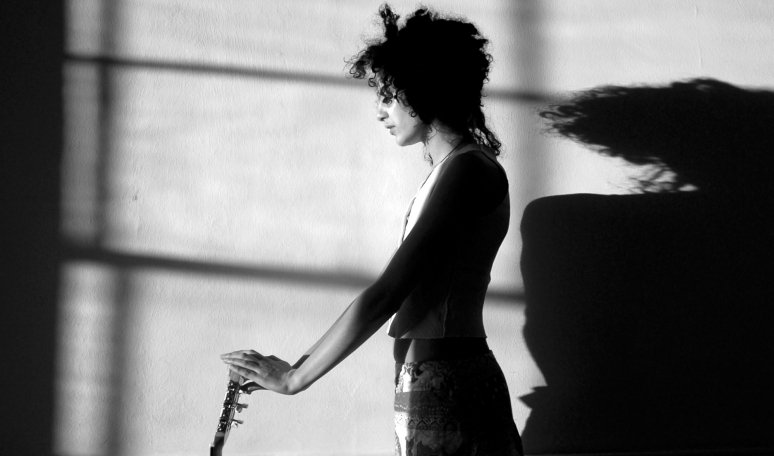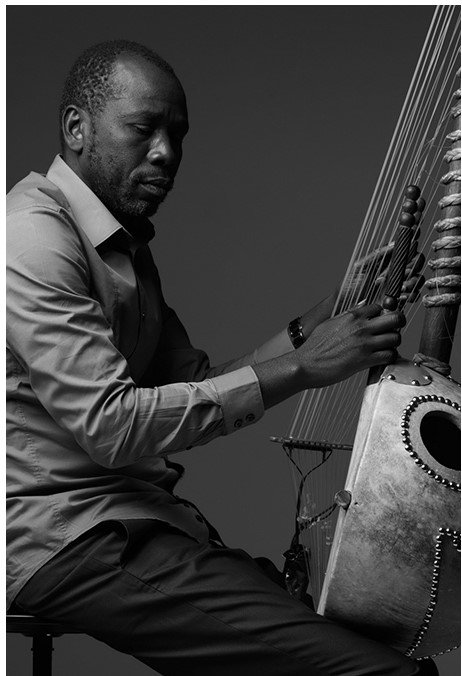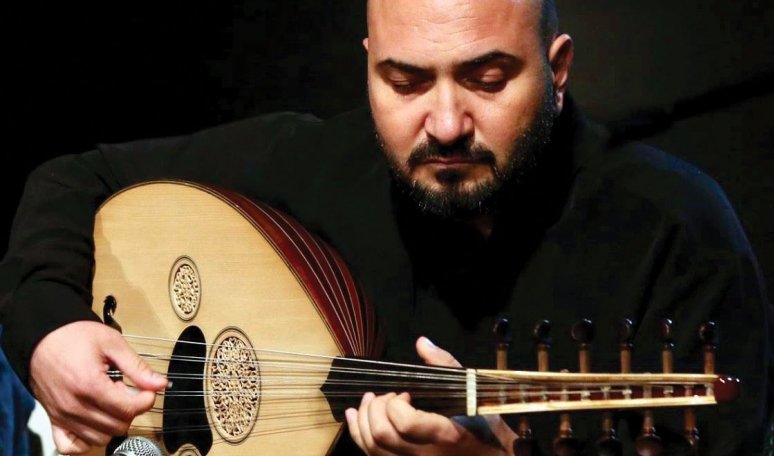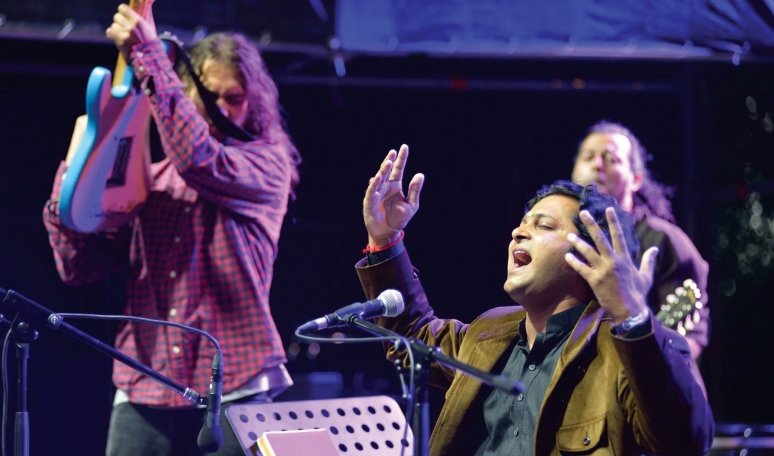Pioneering music prize recognises exceptional achievement in the preservation and revitalisation of Muslim musical heritage.
Herald Report
The Aga Khan Music Awards ceremony kicked off at the Calouste Gulbenkian Foundation, Portugal on March 29, says a statement issued from the Awards secretariat, Lisbon.
Prince Karim Aga Khan, the spiritual leader of the Ismaili Muslims Friday arrived in Lisbon to preside over the inaugural ceremony. The ceremony opened with a concert featuring the Gulbenkian Orchestra with Master Musicians of the Aga Khan Music Initiative from Tajikistan, Syria, and Afghanistan.
Many of the world’s leading musical talents from Middle East, Central Asia, Pakistan and India have converged on the Portuguese capital city to perform during the three-day ‘Award in Performance’ events.
On 30 March, the 14 finalists, including Pakistani Qawwal ensemble, Ejaz Sher Ali, will perform for a live audience in three sessions, with the winner announced in the evening.
The three-day ceremony will feature concerts and award giving events honouring laureates in the six domains being recognised by the Award, a statement issued by the AKMA secretariat.
The Aga Khan Music Awards, established in 2018, carries $500,000. A master jury had announced the names of the laureates and finalists for the awards’ inaugural cycle on March 21.
In addition to performance, award domains include music creation, education, preservation, revitalisation and dissemination, social inclusion, and distinguished and enduring contributions to music.
A special Patron’s Award will also be conferred on noted Iranian classical music exponent and composer Mohammed Reza Shajarian.
The nine laureates and 14 finalists from 13 countries across Asia, Africa, the Middle East, Europe, and North America represent diverse forms of professional achievement.
Azerbaijani composer and pianist Franghiz Ali Zadeh will receive the award in creative category for producing a prolific body of classical concert music that draws inspiration from Azerbaijan’s venerable musical and literary traditions.
In education category, ‘The Omnibus Ensemble’, based in Tashkent, Uzbekistan, will be given the award for creating an artistic rapprochement between local classical maqom traditions and languages of contemporary music.
Badiaa Bouhrizi, also known as Neysatu, a singer-songwriter and composer from Tunisia, will receive the award in social inclusion category, for using her musical talent to promote social justice and the values of pluralism and democracy.
Farhod Halimov, a singer, multi-instrumentalist, and composer from Uzbekistan will be given the award for preserving the traditional classical song repertoire of Samarkand. The award will be shared by The Gurminj Museum of Musical Instruments, in Dushanbe for preserving and revitalising the musical heritage of Central Asian peoples and cultures, particularly the Pamiri Ismaili musical culture of Tajikistan.
Three artists — Oumou Sangaré, Ballake Sissoko, Dariush Talai – will share the award in the ‘Distinguished and Enduring Contributions to Music’ category.
Ms Oumou is a celebrated Malian singer-songwriter known for her commitment to the training and career development of young people in the music professions. Mr Sissoko, another Malian kora player and composer, has developed the art of the kora, one of the oldest strings instrument in the world, in creative and innovative ways while also firmly rooted in tradition. Dariush Talai, an Iranian tar and setar player, musicologist, composer, and educator is being recognised for his exceptional commitment to transmitting the classical performance tradition of the tar through his diverse activities as an artist, educator, and scholar.
A special Patron’s Awardwill be conferred on Mohammad Reza Shajarian, the legendary artist of Iran in recognition of his enduring contribution to the musical heritage of humanity, his peerless musical mastery, and his sustained social impact as a performer and teacher, both within Iran and beyond its borders.
Finalists for the Award in Performance are: Ahmad Al Khatib, (Palestine), Shahou Andalibi, Persian ney (Iran), Nai Barghouti, vocal and flute (Palestine), Huda Asfour, oud and qanun (Palestine); Sougata Roy Chowdhury, sarod (India); Burak Kaynarca, oud (Turkey); Asin Khan Langa, vocal and sarangi (India); Ejaz Sher Ali Khan, vocal and harmonium (Pakistan); Arash Mohafez, santur (Iran); Abeer Nehme, vocal (Lebanon); Reza Parvizade, kamancheh (Iran)’ Mohamad Osman, oud and buzuq (Syria); Mustafa Said, oud (Egypt) Nasim Siabishahrivar, vocal (Iran)
The Aga Khan Music Awards Master Jury includes: Jean During, ethnomusicologist, senior research fellow emeritus, Centre National de la Recherche Scientifique; David Harrington, founding member and first violinist, Kronos Quartet; Salima Hashmi, Painter and curator, former principal, National College of Arts, Lahore; Nouri Iskandar, composer, musicologist, former director, Arab Institute of Music, Aleppo and Akram Khan, choreographer and artistic director, Akram Khan Company.
The awards emerged from the Aga Khan Music Initiative (AKMI), an inter-regional music and arts education programme with worldwide performance, outreach, mentoring and artistic production activities.
Launched to support talented musicians and music educators working to preserve, transmit, and further develop their musical heritage in contemporary forms, the initiative began its work in Central Asia, subsequently expanding to include artistic communities and audiences in the Middle East, North Africa, and South Asia.

The High Asia Herald is a member of High Asia Media Group — a window to High Asia and Central Asia

